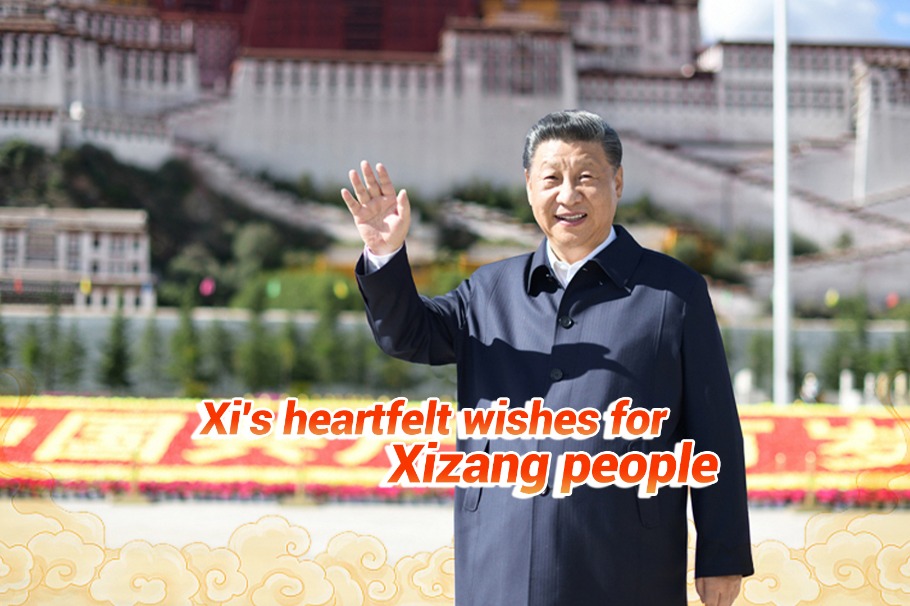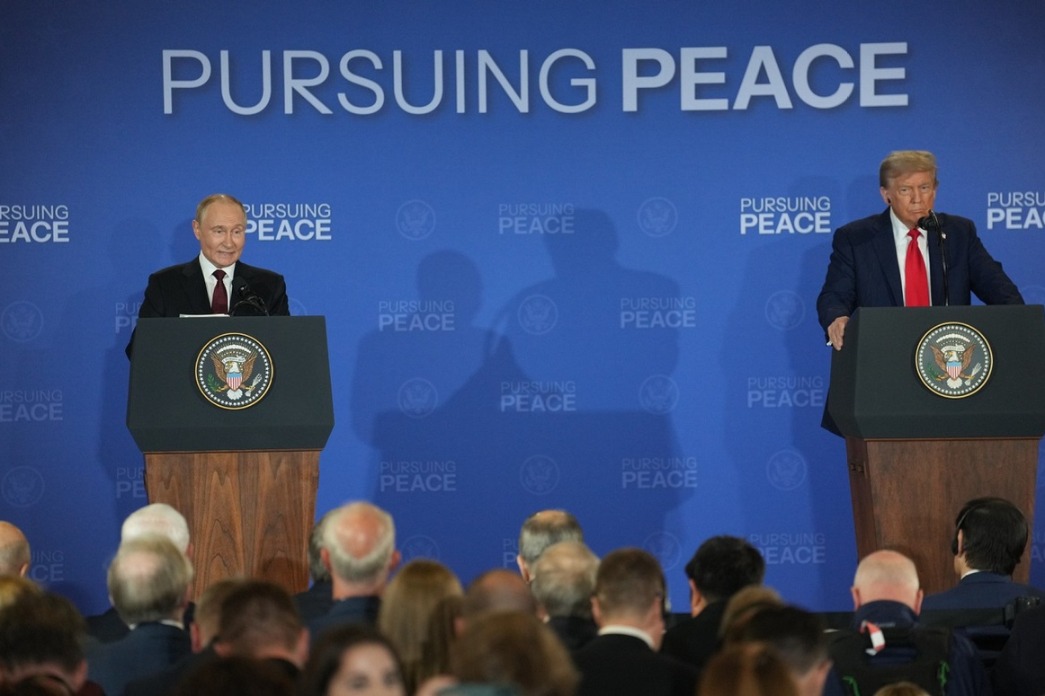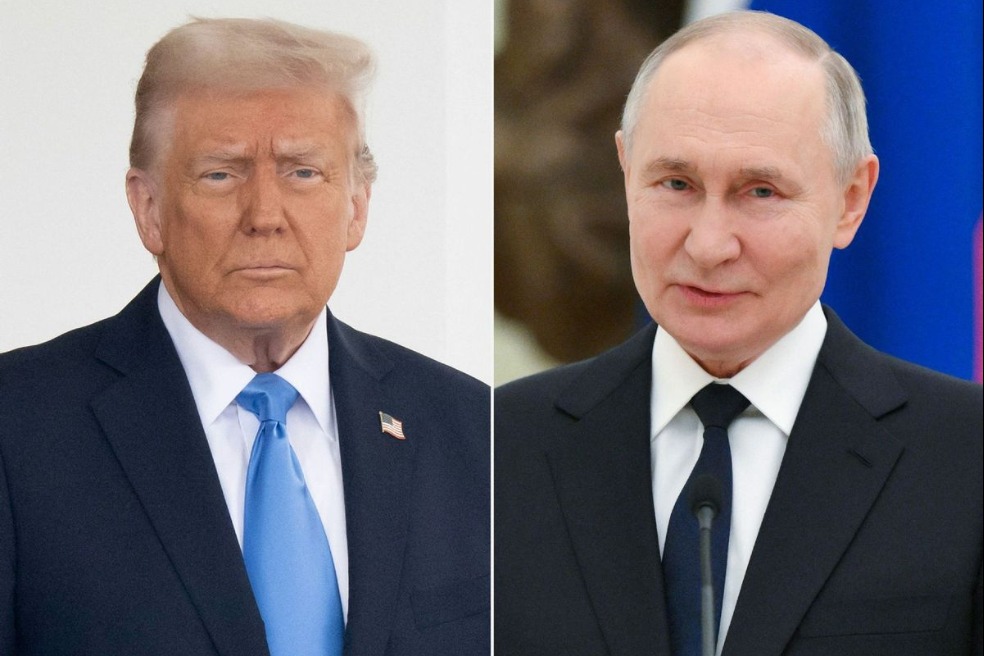75 years' progress vital for China and world





Tech progress worth celebrating
By Vasilis Trigkas
Heraclitus, the pre-Socratic Greek philosopher, declared more than 2,500 years ago that change is the only constant. In much less time, China has dramatically changed, rather transformed, itself — from a backward country in the 19th century into a modern, high-tech country. It has not only caught up with advanced European countries and the US in key industrial technologies but also surpassed them in certain areas, such as electric vehicles and 5G technology.
The process of converging with the West has been anything but smooth. But after late leader Deng Xiaoping introduced reform and opening-up in 1978, China has not looked back, becoming a global economic power first and more recently a global leader in high-tech. To top it all, it eradicated extreme poverty in 2020, a full decade ahead of the UN 2030 Agenda for Sustainable Development's target.
Moreover, by 2025, China is poised to achieve most of the ambitious high-tech goals outlined in the "Made in China 2025" policy. These are monumental accomplishments worthy of celebration, especially as the nation prepares to mark the 75th anniversary of the founding of the People's Republic of China.
China's economic and technological achievements have unfolded within a liberal international political environment characterized by broad cooperation with the European Union, the United States and Japan.
However, as China shifted from manufacturing and assembling goods to producing core components, that cooperative environment has become more restricted. OECD economies have shifted from "just-in-time" supply chains that prioritize efficiency to "just-in-case" supply chains that prioritize security. This securitization of trade and investment has become enshrined in legislation and national security strategies.
As a result, China faces a much more adversarial external environment. While the Global South does not espouse the level of economic protectionism found in the US, its market size and investment capacity cannot fully make up for the loss of Western markets and capital.
However, a slowdown in China's growth does not necessarily alter the overall growth differentials between the Chinese and US economies. Provided that it avoids domestic policy errors, China will continue to outperform the G7 countries. Consequently, the global economic center of gravity will continue shifting from the Atlantic to the Pacific.
Therefore, efforts to decouple the Chinese economy from Europe and the United States will not substantively shift overall power dynamics but will lead to a scenario where all players receive lower payoffs. While economic security should concern prudent policymakers, an enlightened view of national interest requires a more nuanced approach to economic statecraft—balancing cooperation with competition.
By embracing this balanced approach, both sides can reap the rewards. From electric vehicles and affordable MRI machines to service robotics for impaired individuals to widely affordable green technologies, smooth Sino-Western economic relations can deliver significantly higher mutual benefits.
In 1990, when the People's Republic of China was weak and vulnerable, President George H. W. Bush recognized the importance of a future prosperous and stable China for global stability and US welfare. Defying hawkish advice to contain China, he pushed for cooperation instead. He realized that a cornered China could become a significant spoiler on the world stage.
As China expert Thomas Christensen has pointed out, even without catching up, China could cause serious problems. Bush made the right decision to engage China. Since then, China has caught up with the West and has also become more stable and prosperous, delivering affordable goods and shared innovations that have made the world overall more stable and prosperous.
Vasilis Trigkas is a visiting assistant professor of Global Affairs at the Schwarzman College, Tsinghua University.
The views don't necessarily reflect those of China Daily.






























